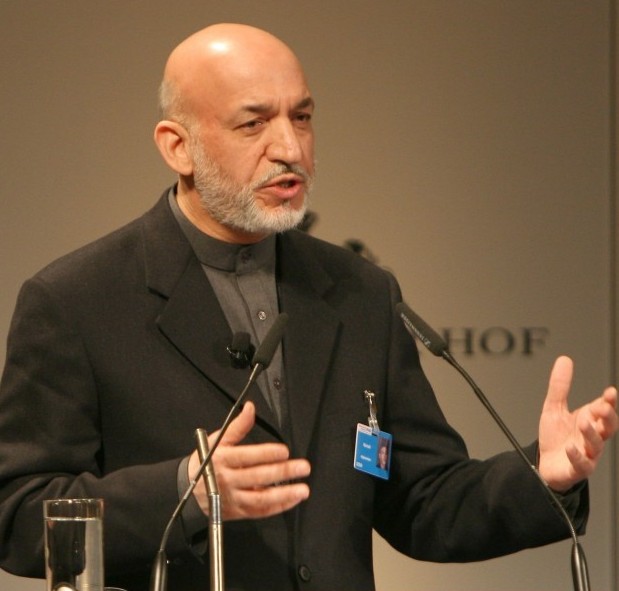Afghanistan prepares for presidential runoff election
October 26, 2009
Afghanistan is getting ready for a second-round presidential election between President Hamid Karzai and former Foreign Minister Abdullah Abdullah. The second round comes after the election commission nullified nearly one million votes cast in August’s presidential polls. The investigation brought Mr. Karzai’s vote count below 50 percent, enough to trigger a runoff. The United Nations has begun delivering ballots across Afghanistan to prepare for the November 7 runoff.
U.S. President Barack Obama has said that the runoff reflects the will of the Afghan people and he may withhold his decision on U.S. troop levels in Afghanistan until after the new polls. The remarks followed his meeting with U.S. Senate Foreign Relations Committee Chairman John Kerry, who has just returned from the Afghan capital, Kabul.
“I think you really want to know that this has worked and you want to know what kind of government is coming out of it,” Obama said.
An analyst at the Institute for the Study of War, Haseeb Humayoon, believes Mr. Karzai may win again. “If we look at the numbers and how they have turned out, President Karzai has a much stronger base than Dr. Abdullah Abdullah and that may play a role in the second round as well,” he explained.
But questions remain about the deals Mr. Karzai struck with local powers of remote Afghan regions to win their support.
“I think one has to look at that with a lot of caution, because while electorally those deals might have returns, in terms of government efficiency down the line they are questionable,” Humayoon added.
However Rick Nelson at the Center for Strategic and International Studies in Washington, D.C. says it is wrong to look at the Afghan political landscape through a Western lens.
“President Karzai has been very aggressive in trying to cut deals and trying to build partnerships,” he noted. “But given the circumstances in which he is trying to operate, if he can cut deals with rival factions and it results in a stable Afghanistan, that is something we may want to support.”
Another scenario presented by some experts is one in which the August election runner up, Mr. Abdullah, wins this time around. Nelson says he may not belong to the Pashtun majority tribe, but he is not that different politically than Mr. Karzai.
“He is not a full Pashtun, he is a little bit Tajik as well, and that may change the dynamics with the United States,” Mr. Nelson added. “But it probably is not going to change the overall U.S. policy too much.”
President Karzai has been very aggressive in trying to cut deals and trying to build partnerships. -Rick Nelson, the Center for Strategic and International Studies
There is also the chance that the two contenders will come up with some sort of an agreement to share power and avoid the runoff. While some analysts say this is unlikely, Nelson is optimistic.
“If there is a unity government in advance, it certainly puts the whole election legitimacy question aside, and will enable the United States and NATO to move forward in their partnership with Afghanistan,” he said.
In Washington, U.S. officials have said a power-sharing arrangement between the two leaders would be totally up to the Afghans.








